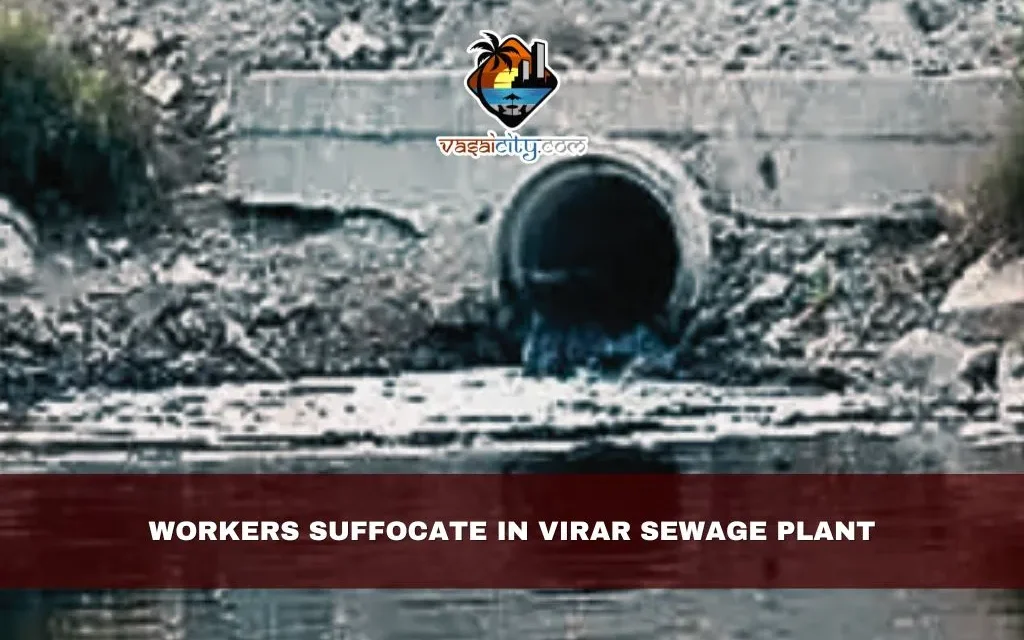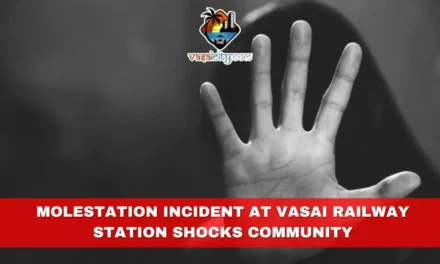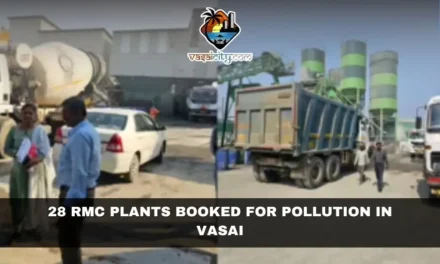In the small town of Virar, nestled within the bustling outskirts of Mumbai, a tragic incident unfolded at a private residential township, casting a long shadow over the community. Four young men, all in their prime years of life, met with a grievous end under circumstances that could only be described as heartbreaking. This incident not only highlights the dangers lurking in places least expected but also serves as a grim reminder of the importance of safety measures in even the most routine tasks.
The day had started like any other for these men, who were part of a maintenance crew tasked with cleaning a sewage treatment plant within the township. Unbeknownst to them, this routine job was about to take a fatal turn. The young men, identified as Shubham Parkar, aged 28; Amol Gathal, 27; Nikhil Gathal, 24; and Sagar Tendulkar, 29, were all residents of Vasai, a locality not too far from where they worked. What bonded them together was not just their shared workplace but also their camaraderie and the shared aspiration of making a living for themselves and their families.
However, as they descended into the depths of the sewage plant, they were tragically unaware of the invisible killer lurking within—noxious gases that had accumulated over time. These gases, a byproduct of the sewage treatment process, are known for their lethal potential, capable of overwhelming a person within minutes without any warning signs. The tragedy struck when these four men, devoid of any protective gear such as masks or safety suits, inhaled the toxic fumes. It was a catastrophic oversight that led to an irreversible outcome.
The alarm was raised when two other workers, who had grown concerned over the prolonged absence of their colleagues, decided to check on them. Upon nearing the plant, they were met with the same noxious gases, which immediately caused them to feel unwell, a stark warning of the danger that lay within. They were fortunate to escape and seek help, but for the four men inside, help arrived too late.
The local police, along with fire personnel from the Vasai-Virar Municipal Corporation, were quick to respond to the distress call. They arrived at the scene to carry out the somber task of retrieving the bodies. The sight that met the rescue workers was a poignant reminder of the perils that workers face, often unseen and unspoken, in the pursuit of their daily bread.
The aftermath of this incident saw the arrest of Mahadev Kupate, the supervisor of the maintenance crew, on charges of causing death due to negligence. Preliminary investigations pointed to a glaring disregard for safety protocols, notably the failure to provide essential safety gear to the workers before they embarked on such a hazardous task. It’s a stark reminder of how negligence and oversight can lead to devastating consequences, robbing families of their loved ones and communities of their vibrant members.
The bodies of the young men were rushed to a local hospital, but it was a journey that ended in sorrow. They were declared brought dead, a formal acknowledgment of lives lost too soon. The grief that followed was palpable, not just among the families of the deceased but throughout the community. It was a loss that reverberated through the hearts of all who heard their story, a tragic end to lives filled with potential.
An autopsy was scheduled to officially determine the cause of death, but for those left behind, the reason was painfully clear. It was a tragic confluence of inadequate safety measures and the invisible hazards that workers in such industries face daily. This incident has sparked a conversation on the need for stringent safety protocols and adequate protective gear for workers, especially in environments known to pose significant health risks.
As the community mourns the loss of Shubham, Amol, Nikhil, and Sagar, their deaths serve as a somber reminder of the importance of vigilance and care in all aspects of work. The memory of this incident will linger, a tragic testament to the cost of negligence and the preciousness of life. It’s a call to action for all stakeholders, from employers to regulatory bodies, to ensure that such a tragedy never unfolds again.
In the days to come, as investigations continue and the community begins the long process of healing, the focus will inevitably shift to preventive measures and the implementation of stricter safety protocols. The loss of these young men has ignited a discussion on workplace safety that, one hopes, will lead to positive changes, ensuring that their deaths were not in vain.
As the sun sets on Virar, the shadow of this tragedy stretches far beyond the confines of the township, touching hearts and prompting a collective reflection on how we value and protect those who labor in the shadows. Their lives, aspirations, and dreams were cut short, but the lessons learned from this incident must live on, guiding us towards a safer, more conscientious approach to labor and life.










